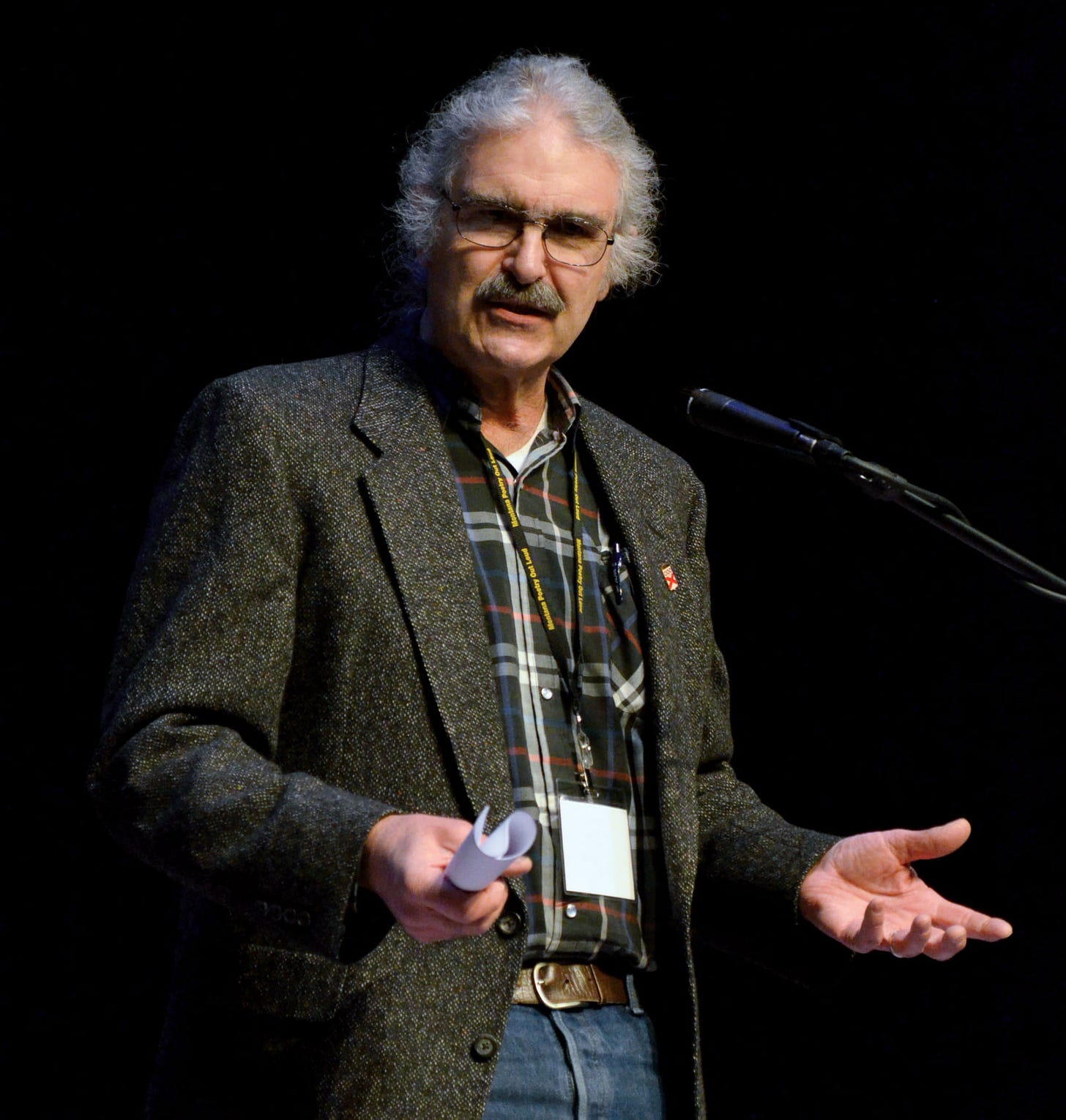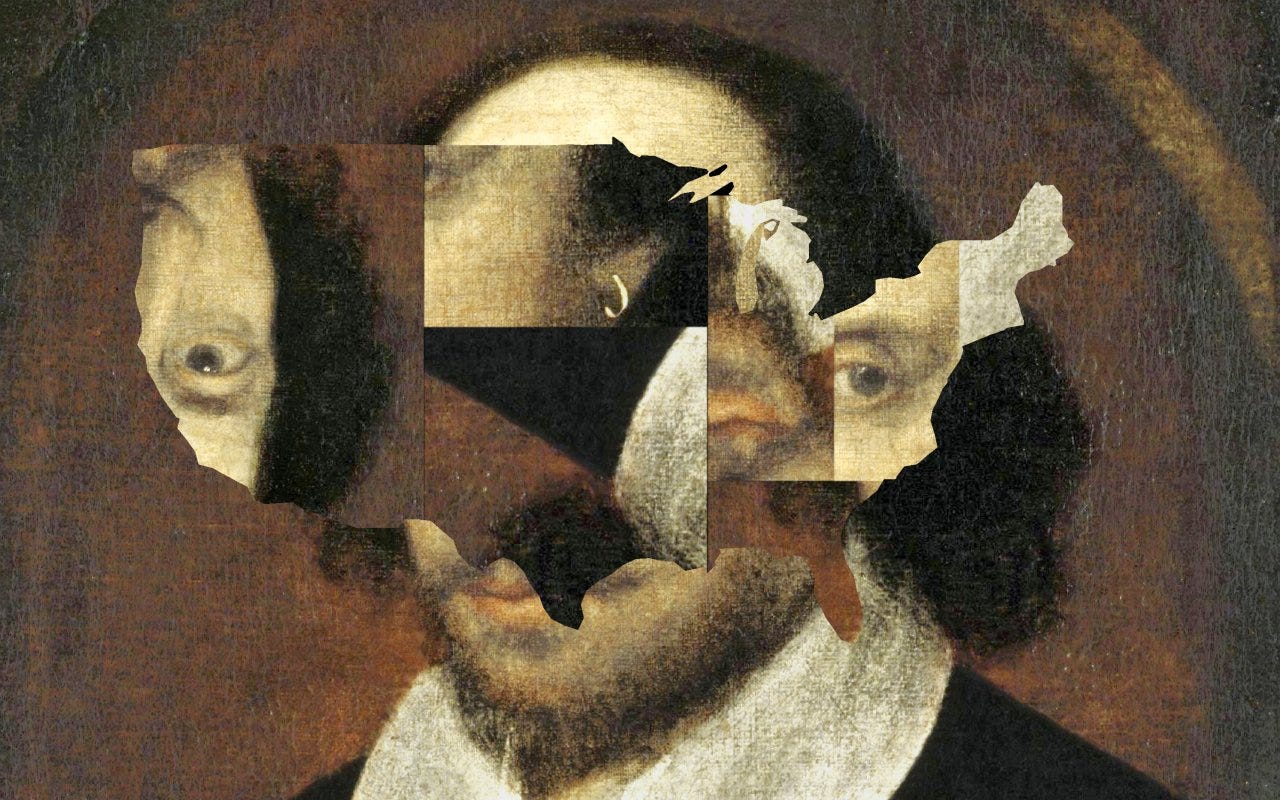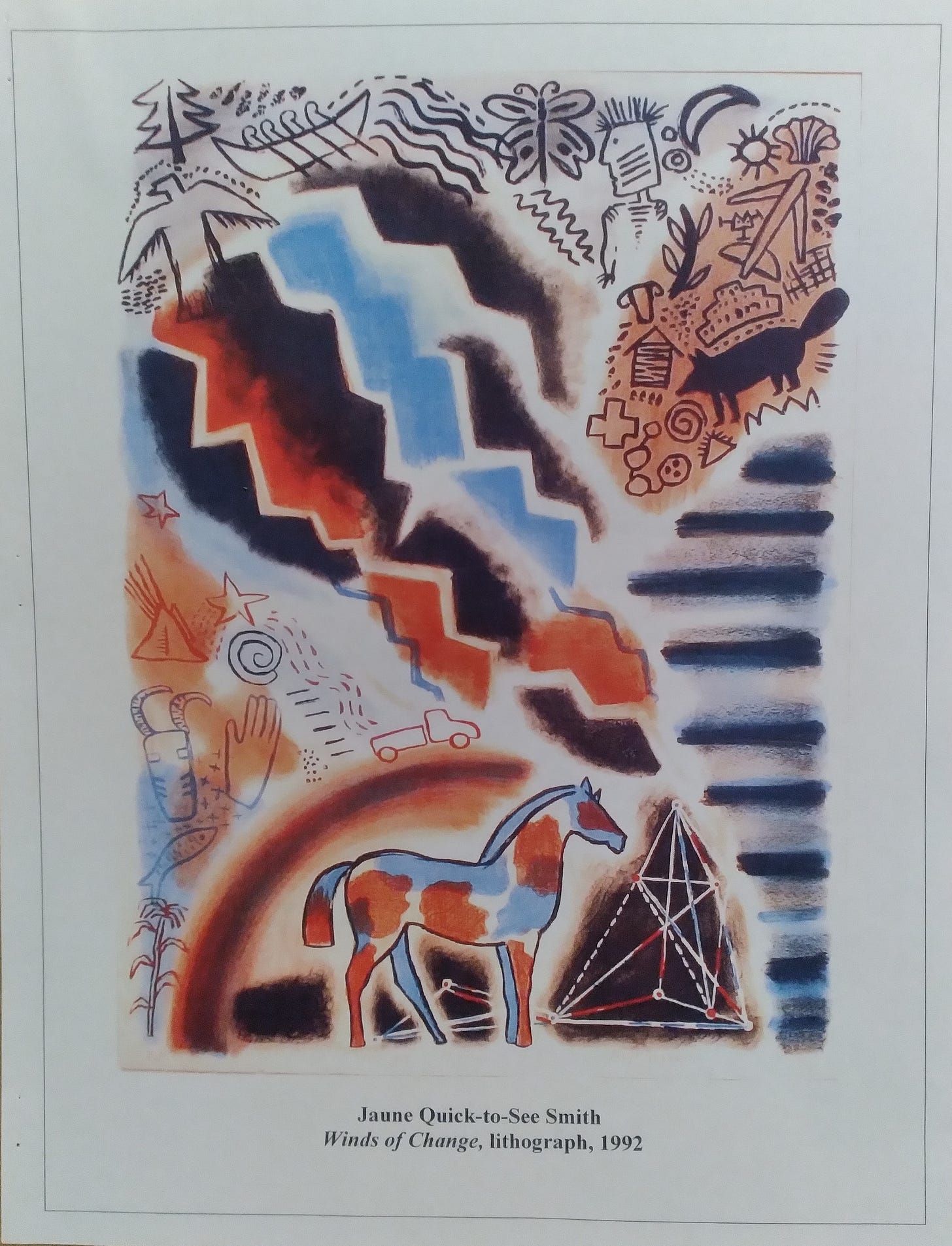Yeah, that’s about as formal as it gets for this dude. And that old sport coat a friend gave me twenty or more years ago does look pretty good on a guy who isn’t too worried about what he looks like. He is a poet after all, so “form-al” poems are much more interesting than formal wear to a punny guy like him.
I wanted to write something for this Substack, but nothing was screaming to be turned loose on you all. The same was true for my poetry muse, so I turned to the tried-and-true solution: write a “form poem” or two! The form acts like a prompt, a distraction and a focus. So here you go, a few for you. Enjoy & Toodle-loo!
This first one is an acrostic poem, a form where you stack a word, words, or phrase vertically and capitalized, then use each letter to begin a line of the poem. I always used this form as the first lesson in a poetry unit. You can’t fail because there are no rules. You can do whatever you want to do.
What the Guru Said
Cooking the mystery
On high
Never doubt this lie
Feed it, keep on chewing
Insecurity—then spit
Don't swallow, pretend to
Eat that shit and smile
Now voice the hollow
Certainty of believing
Every word uttered the truth
Yesterday
Each battle a victory
Today
Is another story
Now nobody cares
So shut up, lock the deadbolts
Evil exists in your mind
Ceremony is repeated form
Under cover of night
Running naked into daylight
It's the same dream over and over
Terrified, you awake to attend
Your wake again
& so
Generate a mantra
Remind yourself you are
Alive now, now, now, now
This moment
Is all, breathe into it
Till the next one, when
Universal reversal reveals
Death is imagination
Expanded beyond love
The sonnet, Italian or English or Modern, consists of 14 lines and may be the most popular form in the English language. Traditionally they adhered to a theme of unrequited love and were written in iambic pentameter with a strict rhyme scheme. But like most things American, we decided to do it our way: change it up. Here is one that goes 14 lines and ends with a rhyming couplet.
In the Beginning Forever We measure our lives with clear edges Borders and frames from light to dark Our world begins knowing that it ends Too soon each day and inevitably Every entrance leads to an exit Which may in turn be an entrance Or turn out to be nothing at all Though we can't imagine that space This place of complete chaos—our now We struggle to hold onto and shape Boundaries we mold for feigned control Of this consciousness we call experience A beguiling mystery we strive to tell In storied forms like Heaven and Hell
And finally for today’s poetry lesson, a free verse poem inspired by art: ekphrastic poetry. I wrote a poem out of a photograph a friend of mine took of a graveyard with a rainbow above it over a quarter century ago up in an Alaskan bush village. Since I downsized in a very short time-period a few years ago, I can’t locate (or I lost) much of what I used to have, that photo being one image now hiding in the ether. So, I grabbed this image, a photo of a Jaune Quick-to-see-Smith lithograph. Salish, Jaune grew up in St. Ignatius, and over the years I took classes of Missoula students to the Missoula Art Museum to write ekphrastic poems from her art. So, while the poem below wasn’t written out of this piece of art, it inspired magical-thinking-poems in many fourth graders. What’s missing is the actual photo of a cloud-darkened day, the graveyard, that great rainbow, and the brown time of year in late fall or early spring. The poem is dedicated to my friend the photographer and fellow writer/teacher, Jerry McDonnell.
RAINBOW ESCALATOR for Jerry McDonnell Manokotak graveyard, a cluster of white crosses, swords planted like trellises for weeds. Bright plastic K-Mart flowers, bought on shopping trips to Anchorage, adorn the markers of the nameless remembered. Temporary evidence of the Alaskan crusade. Framed by rain clouds above: below, a muddy, dead-end road. In the center of the photograph, beyond the cemetery, a burning rainbow streams out of the ground, arches into a thunderhead, a good distance across the plain, now brown as elders who still talk to blue mountains and fly in their snow machines. Their fathers knew water was holy, before the whispering black robes came. These Old Warriors dream rainbows, like the escalator at Sears, transport the people underground into the sky. Looking west they see across the Bering Sea, and looking east they watch a white man beaming, his hands held behind his back, as a boy behind a camera clicks the shutter on crosses caught in a tunnel of colored light— a vision of Christ they can understand.
If anyone is offended by my imaginative liberties taken, I apologize. My intentions were good when I wrote the poem long ago before I ever heard of systemic racism or cultural appropriation. Since I believed my ignorant heart was in the right place (for me) I never cared two shits about what anyone else thought I should say or shouldn’t say. I think history and conversations about the past are essential. If we can’t learn from the past . . . we will repeat it. Fuck-oh-dear. Here we go! Buckle up.







I have to say I admire your imagery, honesty, humanity. You've got a voice sacred as water. I imagine some of us will feel as though we should be offended at your old-fashioned usages, but I doubt if our indigenous friends will. But I could be wrong.